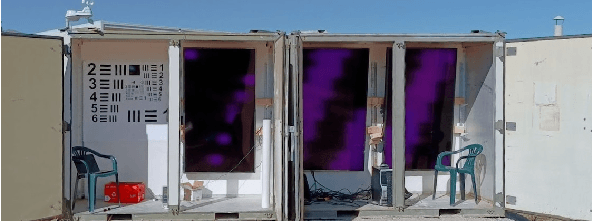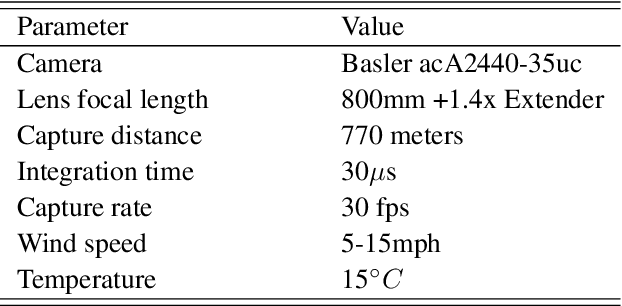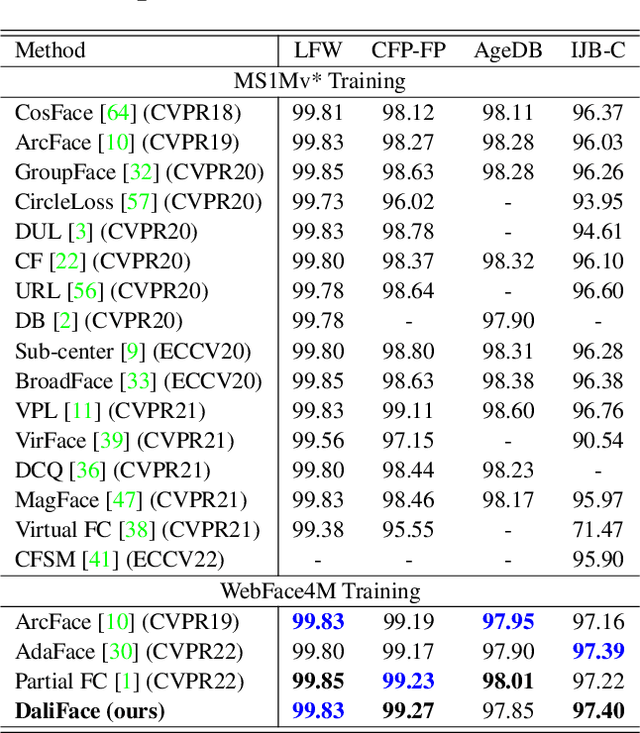DaliID: Distortion-Adaptive Learned Invariance for Identification Models
Paper and Code
Feb 11, 2023



In unconstrained scenarios, face recognition and person re-identification are subject to distortions such as motion blur, atmospheric turbulence, or upsampling artifacts. To improve robustness in these scenarios, we propose a methodology called Distortion-Adaptive Learned Invariance for Identification (DaliID) models. We contend that distortion augmentations, which degrade image quality, can be successfully leveraged to a greater degree than has been shown in the literature. Aided by an adaptive weighting schedule, a novel distortion augmentation is applied at severe levels during training. This training strategy increases feature-level invariance to distortions and decreases domain shift to unconstrained scenarios. At inference, we use a magnitude-weighted fusion of features from parallel models to retain robustness across the range of images. DaliID models achieve state-of-the-art (SOTA) for both face recognition and person re-identification on seven benchmark datasets, including IJB-S, TinyFace, DeepChange, and MSMT17. Additionally, we provide recaptured evaluation data at a distance of 750+ meters and further validate on real long-distance face imagery.
 Add to Chrome
Add to Chrome Add to Firefox
Add to Firefox Add to Edge
Add to Edge